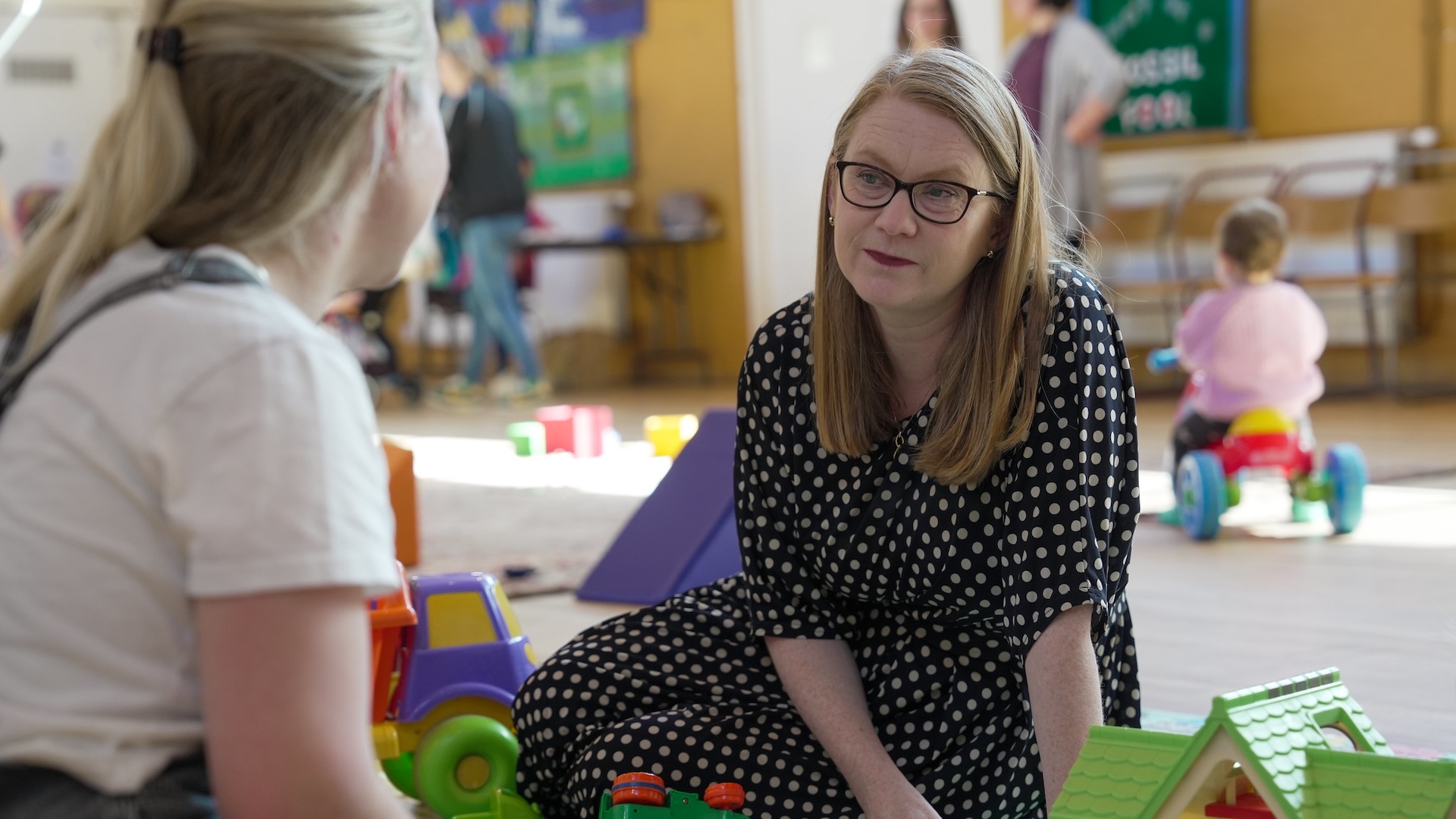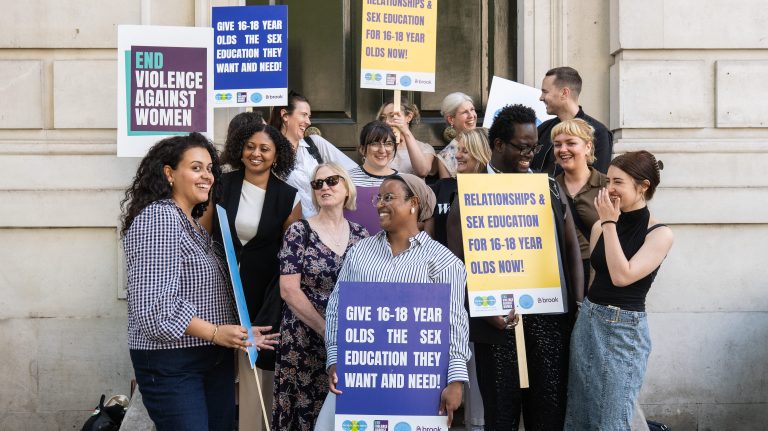The two-child limit on benefits restricts families from claiming any extra universal credit or tax credits for their third or subsequent children. It means families lose more than £3,000 annually per additional child.
The UK government has so far refused to commit to scrapping the two-child limit on benefits. Its delayed child poverty strategy is set to be published later this year.
A UK government spokesperson said: “We are working closely with and supporting the Scottish government to tackle child poverty in Scotland through the largest real terms settlement in the history of devolution.”
The Scottish government will be provided with a £47.7 billion settlement in 2025/2026 for spending on policies that are key to tackling child poverty including housing, education, childcare, debt advice and employability.
“The government is determined to bring down child poverty,” the spokesperson continued. They pointed to the recent increase in benefits by 1.7%, the rise in the national minimum wage and the introduction of a fair repayment rate on universal credit deductions, which will help 700,000 low-income families.
“We will publish an ambitious child poverty strategy later this year to ensure we deliver fully-funded measures that tackle the structural and root causes of child poverty across the country,” the government spokesperson added.
Advertising helps fund Big Issue’s mission to end poverty
Yet charities, campaigners and MPs have repeatedly called for the UK government to follow Scotland in axing the cap.
Lynn Perry, chief executive of Barnardo’s, said: “We welcome the Scottish government’s intention to mitigate the two-child limit on benefits by 2026. Barnardo’s has long campaigned for this, and strongly urges the UK government to follow suit and end the policy nationwide.
“The UK government has rightly committed to creating opportunities for what should be the healthiest ever generation of children, but while we welcome recent steps like the extension of free school meals to children whose families receive universal credit, this will require much more action to increase families’ incomes and provide a network of family centres in every community. The autumn budget will have some heavy lifting to do.”
Somerville said that the introduction of the two-child payment “will be the fastest that a Scottish social security benefit has been delivered”, with families to receive the payment less than 15 months after it was first announced.
She also claimed Scotland had delivered “unparalleled financial support” through its Scottish child payment, which is an additional payment introduced in 2021 to support low-income families.
It has also introduced funding to help councils remove school meal debt from families who have struggled to pay for their children’s lunches.
Advertising helps fund Big Issue’s mission to end poverty
Additionally, Scotland is “mitigating the UK government’s benefit cap as fully as possible” within its devolved powers – supporting almost 10,000 children. The benefit cap is different to the two-child limit on benefits and means there is an upper limit on the amount of benefit a household can receive.
On average, households with children in the poorest 10% of households in Scotland are estimated to be £2,600 a year better off because of Scottish government policies in 2025.
This is projected to grow to an average of £3,700 a year by 2029/2030, according to Scottish government modelling.
“However,” Somerville said, “austerity decisions taken by the UK government are holding back Scotland’s progress.“
Promises are easy to break. Sign Big Issue’s petition for a Poverty Zero law and help us make tackling poverty a legal requirement, not just a policy priority.
Do you have a story to tell or opinions to share about this? Get in touch and tell us more. Big Issue exists to give homeless and marginalised people the opportunity to earn an income. To support our work buy a copy of the magazine or get the app from the App Store or Google Play.
Advertising helps fund Big Issue’s mission to end poverty





